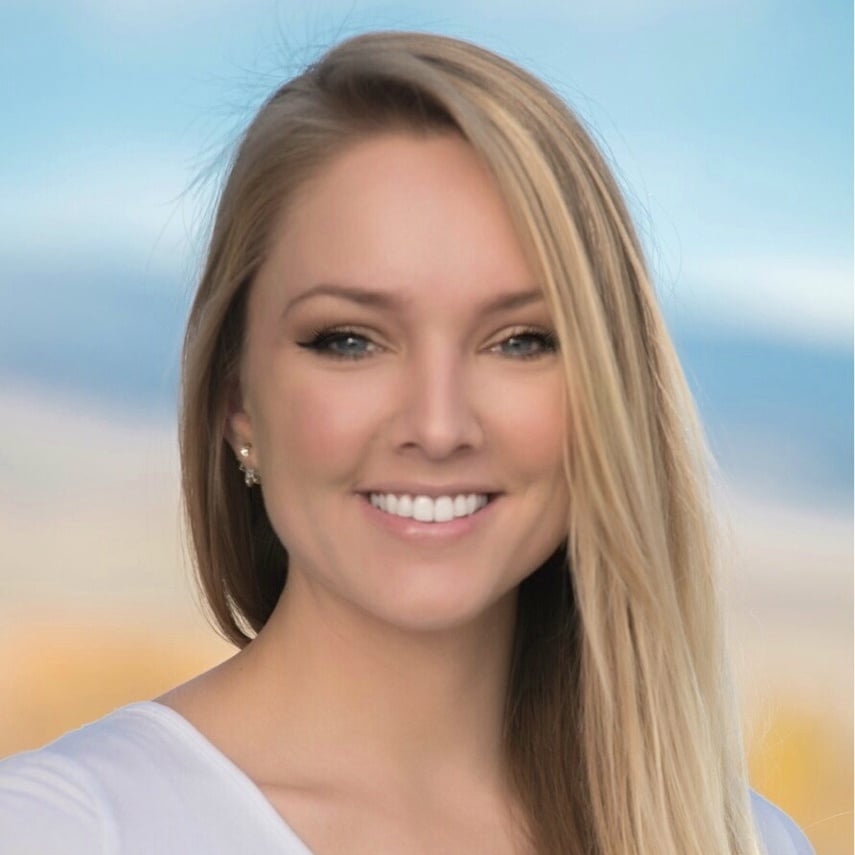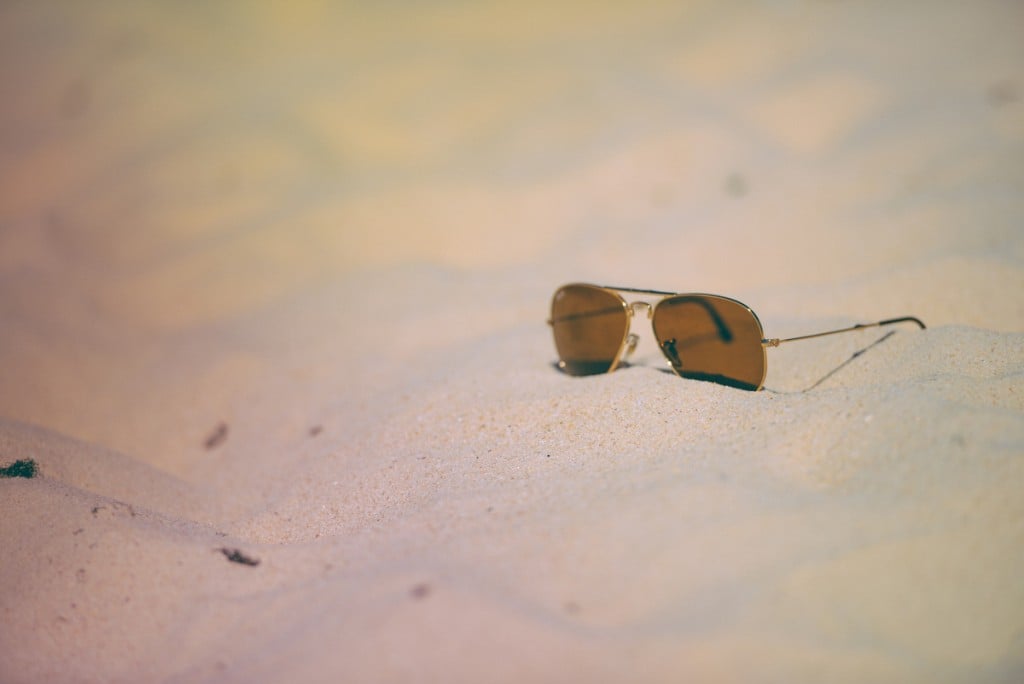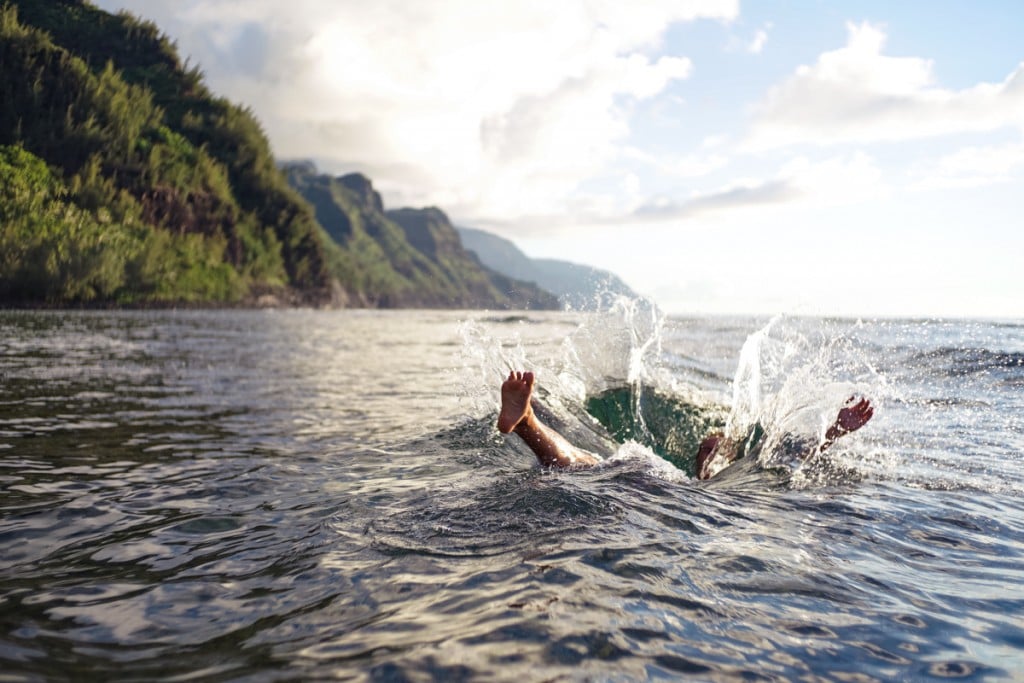
I refused to wear anything other than dresses until I was 7 …and even then it was only because my family moved to a small country town in northeast Wyoming and I wanted to fit in.
I’ve been a “girly girl” my entire life, and I had no interest in playing in the backcountry until about three years ago when I transferred to a university in the Black Hills of South Dakota and was lured out by their beauty and the exercise (plus, I got invited to go hiking with an attractive guy who has now been my partner in all adventures and in life for the past three years).
A month later I was in love (and slightly obsessed) with snowboarding, and a while after that I visited the outdoor-centric, beautiful town of Lander, Wyoming and went on my first backpacking trip. Then, I stood atop the Tetons in Jackson, Wyoming and a few mountains in Colorado, taking in the beauty and rawness of it all and getting ready to slide down said mountains on a piece of wood that my feet were strapped to.

Fast forward about two years of continually falling for this new, gorgeous world, and I’m now living in Lander and working for NOLS—who knew?
Oh, did I mention that I cracked my tailbone snowboarding, had a close call with a bear six miles from the truck on that backpacking trip, and skidded off the edge of a drop-off at Jackson Hole Ski Resort? And still, I never considered that I might need some form of wilderness first aid training because I ignorantly believed that bad things just don’t happen to me or those I love.
Sure, I had a few “Whoa that was close!” moments, but I was just out enjoying the great outdoors—nothing bad was going to happen.
You see, I was under the impression that first aid courses were for the outdoor-centric, for Search and Rescue and the outdoor expedition leaders, for doctors and nurses and EMTs and the people who actually wanted to do those things for a living. They would be there to help me if anything did happen, right?
Food for thought: what if they aren’t there to help you if anything does happen?
Enter NOLS Wilderness Medicine, where I now work as the Marketing Coordinator and help run our social media channels, answer student questions, and coordinate other marketing tasks (thus the job title). When my supervisor told me to choose a course, I thought surely it was just another marketing effort, I never thought he would be suggesting I take it.
It’s one of the most important things I think I’ve ever done.
Here are a few reasons I’ve come to realize that everyone needs some form of wilderness first aid training:
1. Bad things do happen.
It’s easy to get caught up in the beauty of the wilderness and forget that it really is just that—wild. The examples I mentioned are just a handful of moments where things have gotten a little scary but could have been much, much worse. Someday the wildness of our playground might catch up, and whether it’s you or someone you love who gets caught in that wake, you will want to be able to help.

Photo by Fabian Irsara.
2. Help isn’t always readily available.
This one doesn’t just apply to those who like to be outdoors—there are many places around the world where medical help might be delayed. Wilderness first aid courses don’t make you a doctor or a search and rescue expert, but having the ability to administer CPR or stabilize an injury until the right help does arrive? That’s pretty powerful.
3. It’s a huge confidence boost.
I’ll admit, a few of the stumbles I’ve had along this journey of becoming friends with the backcountry are a bit embarrassing. In some cases, I was a novice who was just flat-out in over her head. I relied on the help that might come and the more experienced folks I was with to help me figure out what to do. After my Wilderness First Responder (WFR) certification, those same people ask me questions about hypothetical emergency situations—and in case there was an emergency, I know that I could be the one to step up and take charge.
4. No, it isn’t correct (or safe) to suck poison out of a snakebite.
There are a lot of misconceptions out there about emergency medical treatment that I never would have known had I not taken this course. A LOT of them. Take a course to avoid making a situation worse and putting yourself in danger, thus becoming part of the problem.
5. It builds your skill set.
Being able to say you’re a Wilderness First Responder— how COOL is that? Half of my family works in the medical field, but I never thought I would venture that direction after college. It’s never too late to learn something new and to further develop yourself as an individual. Life is short, learn as much as you can.
6. You can continue to do what you love—maybe even better.
I may not have started out as your typical outdoor enthusiast. I hated being dirty as a kid and I love makeup and fancy clothes and on and on and on … but I am also someone who does love being in the outdoors, who loves snowboarding and hiking and water sports and has even tried rock climbing albeit a fear of heights.
Taking this course and working for NOLS as an organization has helped me realize I don’t need to make excuses. I can be both—I can be whoever and whatever I want to be. The WFR certification gives you a whole new level of confidence and a feeling of safety that you may have never thought was missing.

In a nutshell, you don’t need to be an extreme athlete, a mountain guide, or a search and rescue candidate for learning wilderness first aid to be right for you.
Frankly, I think wilderness first aid courses are right for everyone.
Take charge of your adventures, your safety, and your life—take a course. Preferably before you crack your tailbone snowboarding or have a close call with a bear or skid over the edge of a drop-off in the Tetons.
Written By
Sarah Buer
Sarah is a Wyoming native, Wilderness First Responder graduate, and former marketing coordinator for NOLS Wilderness Medicine. When she’s offline she enjoys running, singing and playing guitar, and playing in the mountains




